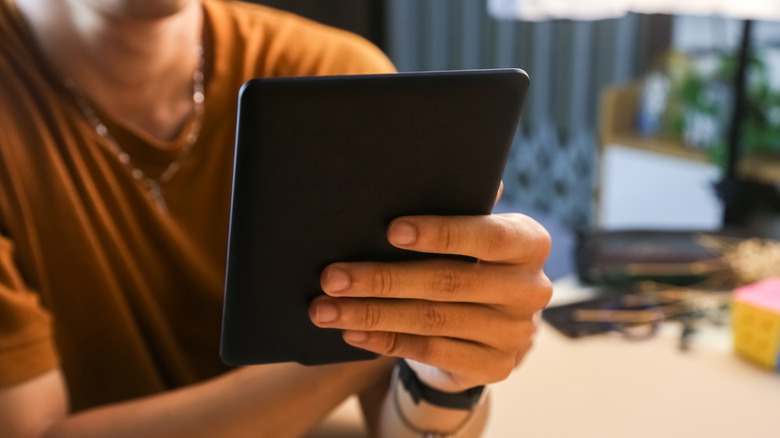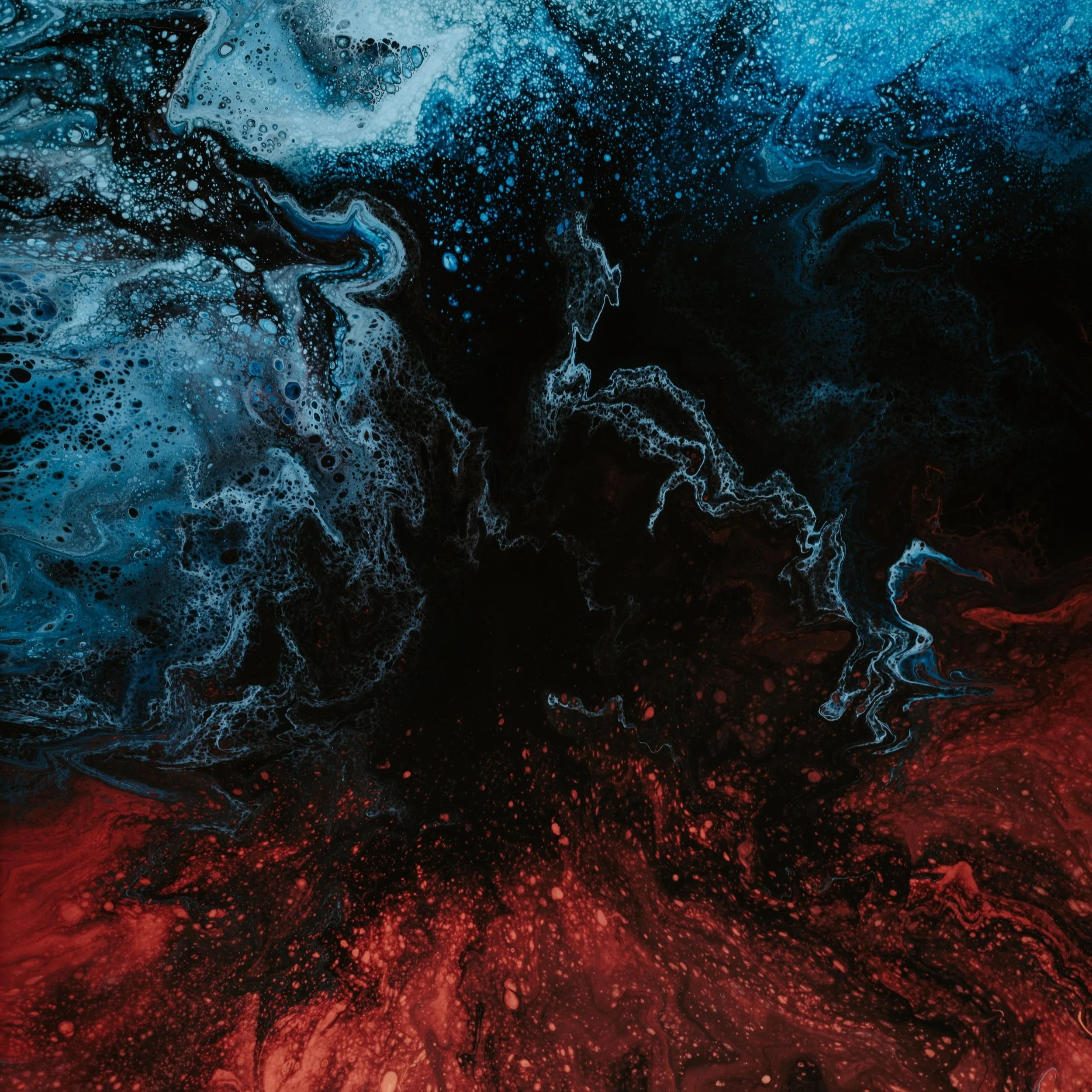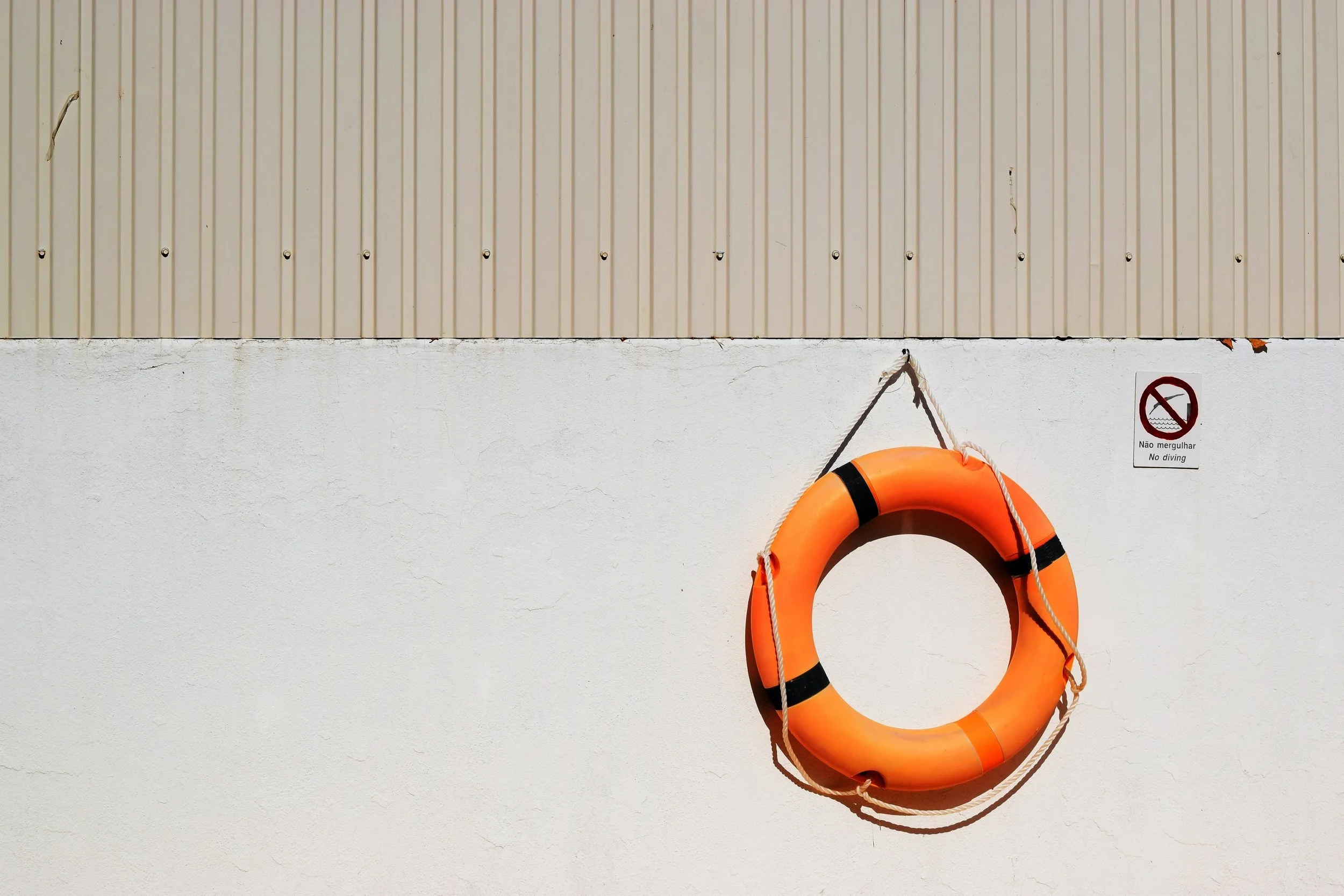A reading list for people looking to make sense of the feelings overtaking their nervous system
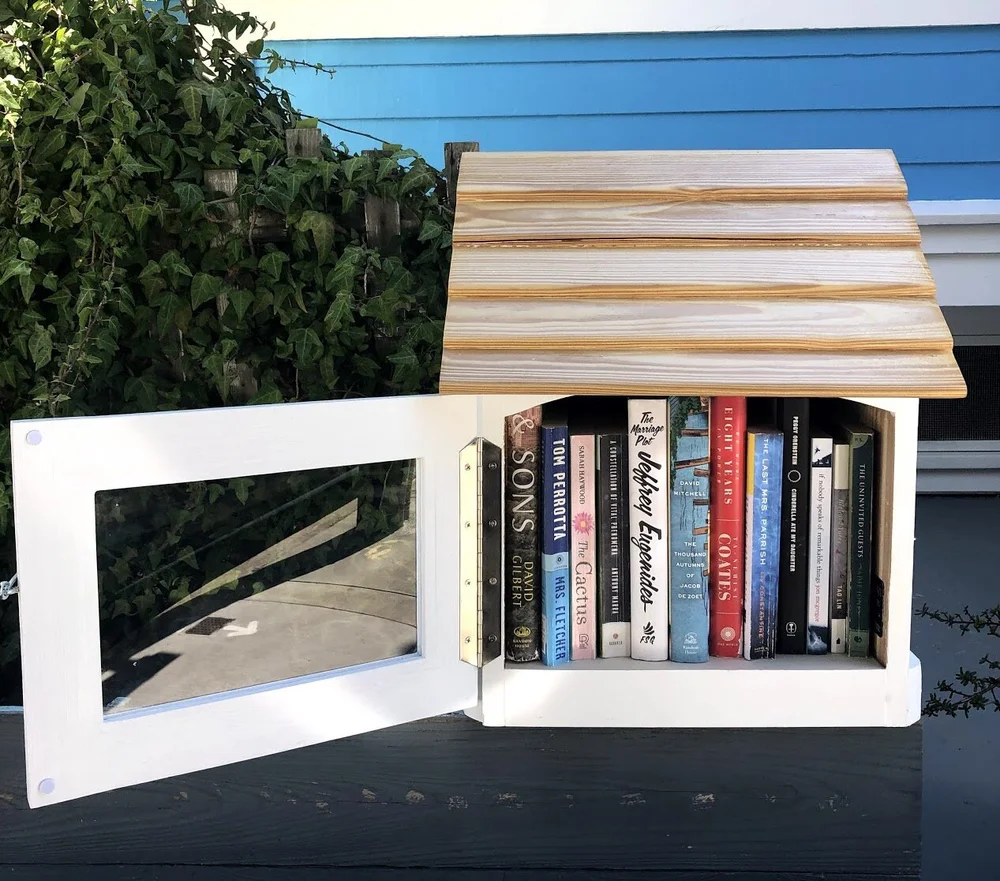
Imagine that the titles below are in my little free library (in front of my house)
A reading list of books to help overthinkers navigate life in an overstimulated world
Years ago I created a recommended reading list for anxiety newbies in order to share the books that first helped me on my journey to understanding how stress, anxiety, and overthinking were affecting my life. It’s time for me to revisit that list and update it with some of the books I’ve added to the rotation in the past four years. My goal is to answer the question: What are the books that can help people make sense of the feelings that are overtaking their nervous system and causing physical and emotional pain? Let this list act as a place to start.
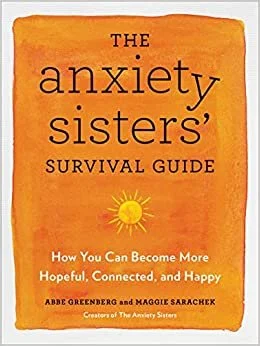
The Anxiety Sisters’ Survival Guide
Could there have been a more natural and intuitive connection than mine with the Anxiety Sisters? I don't think so. Abbe Greenberg and Maggie Sarachek have built an online community of 200K people and host a popular podcast called The Spin Cycle. In their work, they blend their personal experience with their professional training as counselors, mental health advocates, researchers, and educators. Their book is terrific. The down-to-earth, actionable advice that Abbe and Maggie share is dead on. Great work, sisters!

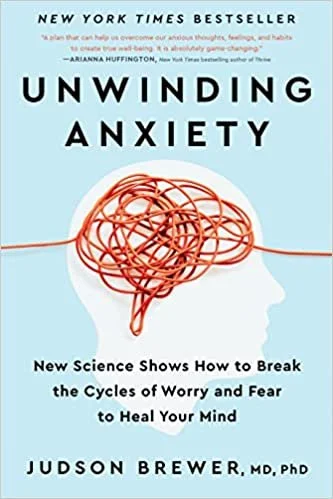
2. Burnout and 3. Unwinding Anxiety
I heard about Burnout on a recent Brené Brown Unlocking Us podcast episode, and it was a happy surprise to learn that we share a literary agent! I decided to create this list in reaction to this exchange I had with a fellow beautiful voyager:
Burnout would be a great book for Beksta to check out since it delves into how emotions can affect our bodies without us even knowing it’s happening. The book explores some of the core reasons women may be facing the kinds of symptoms described above, and works to systematically break them down. I listened to the audiobook and found I got something out of every single chapter.
The book is great. The app is useful (though a big clunky and costs a pretty penny). You can get the gist from the book, though, at a lower cost: Unwinding Anxiety: New Science Shows How to Break the Cycles of Worry and Fear to Heal Your Mind. In this book, Dr Brewer explores the ways in which we all create habits around our anxiety — and how to break them down and rebuild them in healthy ways.
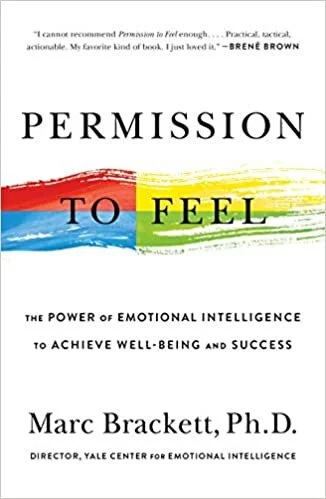
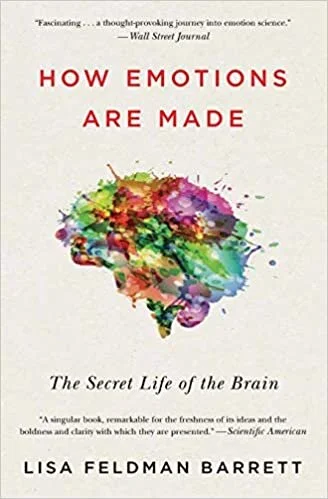
4. Permission to Feel and 5. How Emotions are Made
When it comes to books on understanding how emotions are affecting our bodies, you can’t do better than these two. I’m biased when it comes to Marc Brackett’s Permission to Feel, as I am lucky enough to get to work with him on a new project coming soon. And Lisa Feldman Barrett’s How Emotions are Made changed the way I think about how emotions are processed. This is core, fundamental groundwork that will has helped me frame emotions in my life in a new way.
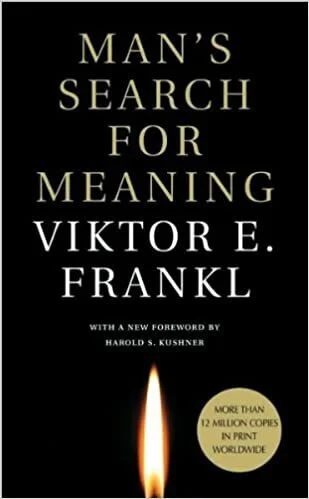

6. Man’s Search for Meaning and 7. Break Through Pain
Victor Frankl’s Man’s Search for Meaning brings me a sense of inner peace and human connection in a way very few do. If you feel you are at the end of your rope and unsure how to face daily life, this book is here for you.
Molly, a good friend of mine, had a painful medical issue a few years ago. “The pain was bad as labor", she said. “And the only thing that helped me was Shinzen Young’s Break Through Pain.” I was so struck but the clarity of the experience she described and know that the next time I am facing physical discomfort I will be using the audio version of these meditations to help me. I think you should, too.
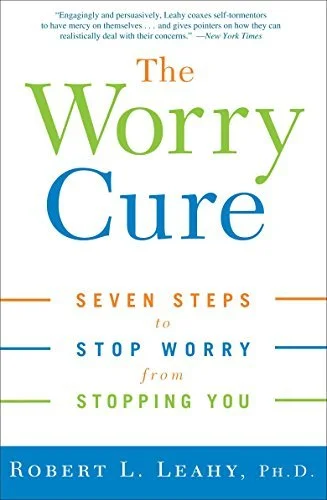
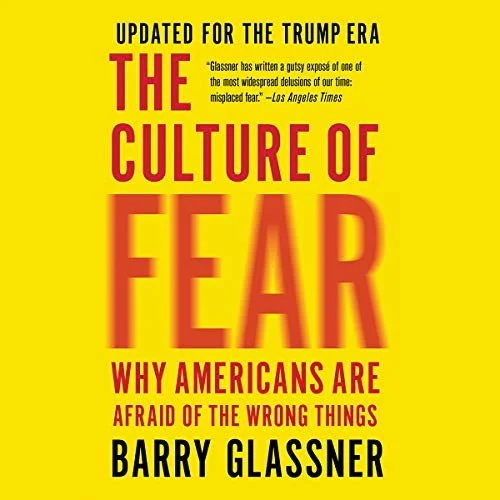
8. The Worry Cure and 9. Culture of Fear
I'm not a huge fan of the title, since I think the word worry is a big turn-off and confusing for a lot of overthinkers. But overlook that, cause this really is the book to start with. It lays a great foundation, especially for people who are just starting to get their head around the whole "I have anxiety" thing.
My husband brought the Culture of Fear into our marriage. He has always been a staunch believer in using data to make sense of the things we fear. “If we really understood how statistics worked, we wouldn’t be afraid of airplanes at all and we’d take driving more seriously,” he says.

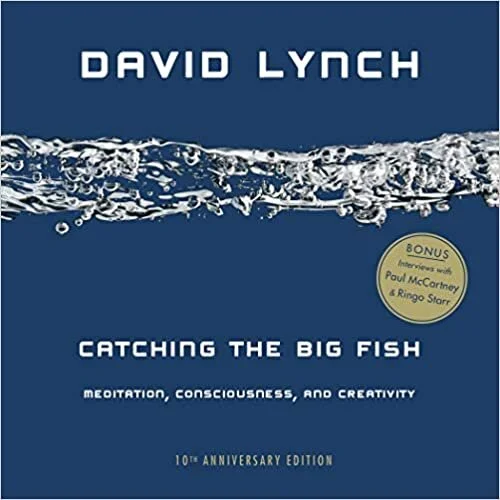
10. Nervous Energy and 11. Catching the Big Fish
I’m a sucker for David Lynch: his movies, his approach to meditation, and his creative process. I dip into this simple book regularly to reset. Tapping into creativity helps me deal with overthinking, stress, and anxiety. I recommend you try it.
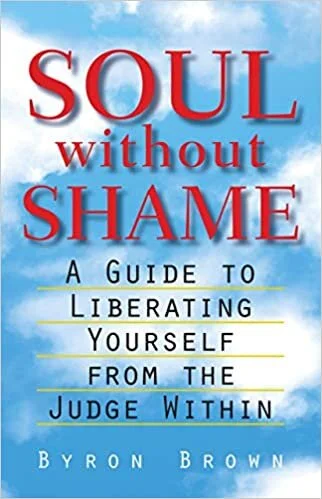

12. Soul without Shame and 13. Anxiety: The Missing Stage of Grief
A colleague of mine at Pinterest recommended Soul without Shame, saying “I know it sounds cheesy, but I think this book is actually really good.” And she was right. Simply acknowledging the role of our soul in our life brought me peace. It might you, too. Give it a try.
Claire Bidwell Smith’s Anxiety: The Missing Stage of Grief was the first book that revealed to me that anxiety lives in the body autonomous from the mind, and can cause panic attacks hours or even a day after the feelings flood the system, causing a lack of connection between cause and effect. It expanded my sense of what anxiety is, and how the physical response appears in unexpected places…like while grieving.
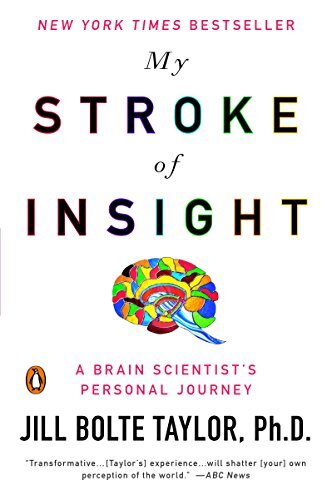
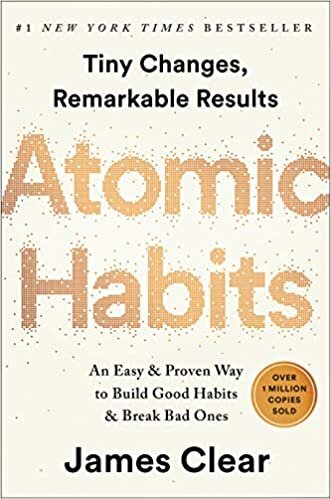
14. My Stroke of Insight and 15. Atomic Habits
I read Jill Bolte Taylor’s My Stroke of Insight years ago and have never forgotten it. In this book, a brain scientist describes the stroke that affected her brain, thinking, and emotions. I still think “step to the right”—a phrase Taylor repeats frequently, describing the feelings of wellbeing that come from turning down the brain chatter of our left brains.
“But this book isn’t about anxiety at all,” you might be saying to yourself. “I thought these books were supposed to help with anxiety.” I would argue that James Clear’s book Atomic Habits is a great book for people who are feeling anxiety in their bodies. It helped me understand how to spot and support healthy habit-building in myself, which in turn positively affects mental health. This is one pillar of cognitive behavioral therapy, and the more you can tune into the actions that make up your day, the easier it will be to start changing your feelings for the better.


16. Women’s Guide to Managing Migraine and 17. The Mindbody Prescription
I’m including Susan Hutchinson’s Women’s Guide to Managing Migraine just in case it helps just one of you reading this post. As a lifelong migraine sufferer, I have never found a book on migraines that helped me understand how the hormone flood affects my migraine cycles. It’s also hormone waves that affect our bodies when we’re stressed. The key words to spot in this subtitle is “Understanding the Hormone Connection” — that is crucially important in both migraine and anxiety.
I was handed Dr John Sarno’s Mindbody Prescription in my fated neurologist appointment where I first learned I has Generalized Anxiety Disorder (age 40). It was the first time I truly understand that the mind-body connection wasn’t theoretical, but real—and that I was experiencing it. Sarno digs into the personality traits of people who are susceptible to this kind of physical response to emotional pain. I wonder if you might recognize yourself in what he describes?
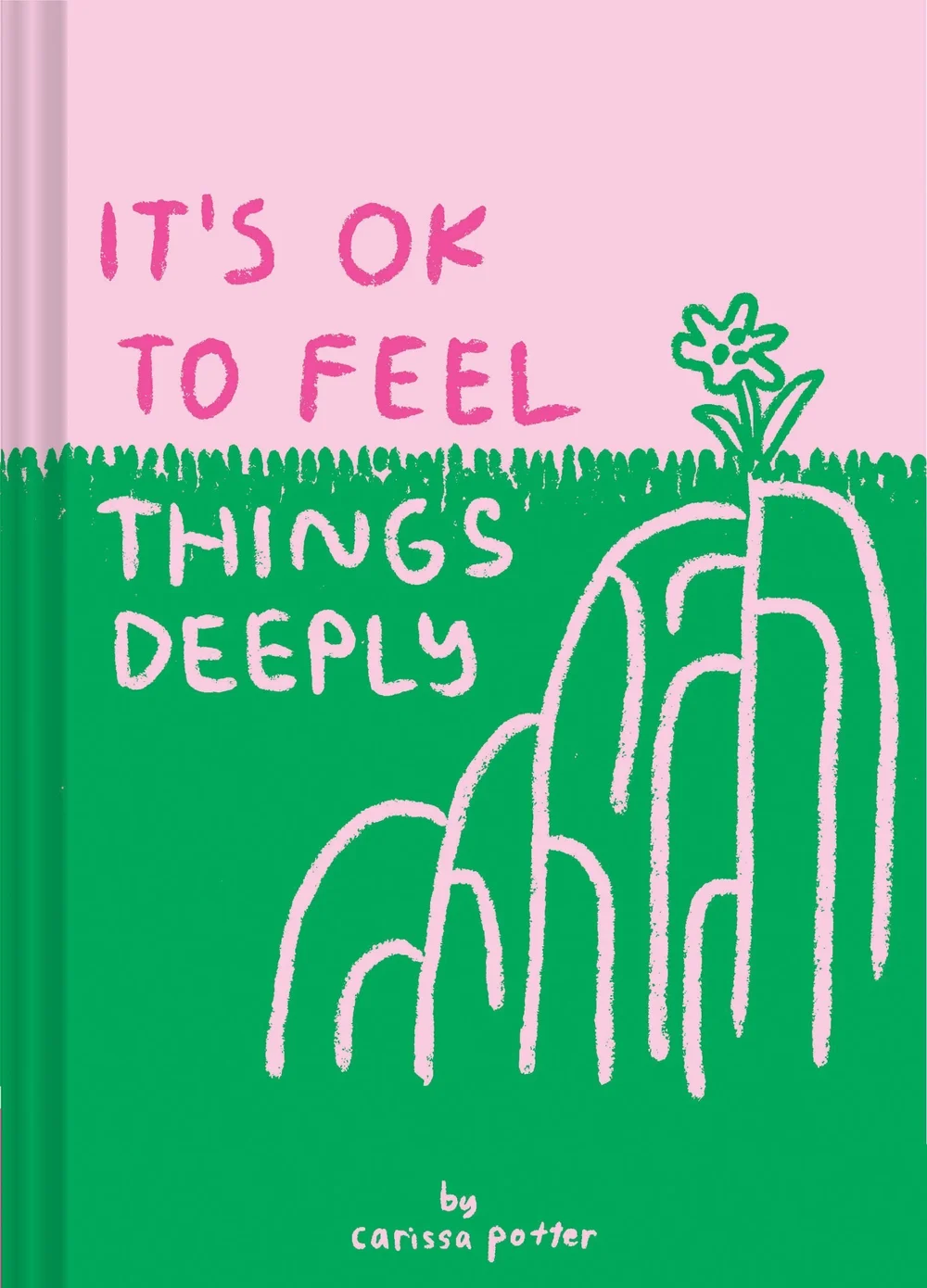

18. It’s OK to feel things deeply and 19. Wherever You Go, There You Are
Carissa Potter’s lovely little book is a visual reminder that being sensitive is nothing to be ashamed of. I don’t think we can be told It’s OK to feel things deeply enough. Let this book try to do it for you as it has for me.
The title alone: Wherever You Go, There You Are. I can’t tell you how many times, when considering a life change or move, I think of those words. This book is filled with principles about mindfulness, but I love the metaphors best. A great way to get out of your head.

20. Indistractable
Another take on mindfulness from a very different angle, Nir Eyal’s Indistractable asks readers to think about the role of technology in their lives. Should we ask for rent for the space social media takes up in our head? Reading or listening to this book will help you face the outside world with all of its distractions while prioritizing what you need most internally.
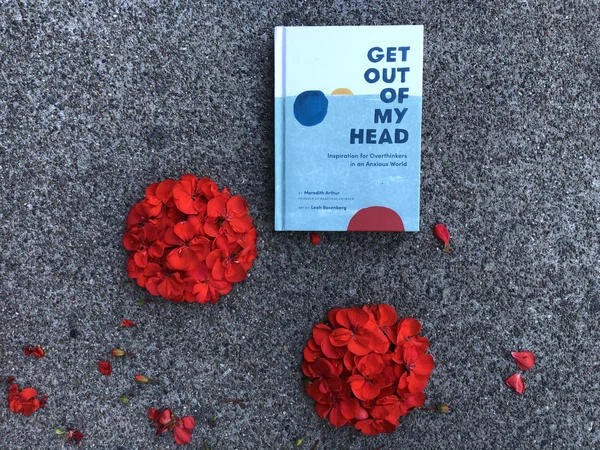
Bonus book!
Please forgive me for putting my own book, Get Out Of My Head, on this list. But it is probably the book that has helped me deal with stress, anxiety, and overthinking the most. Putting my own experience into words has helped me make sense of it. I hope it helps you too.
Updated Oct, 2023




